Removing tumor cells "sugar shield" improves the efficacy of CAR T cells
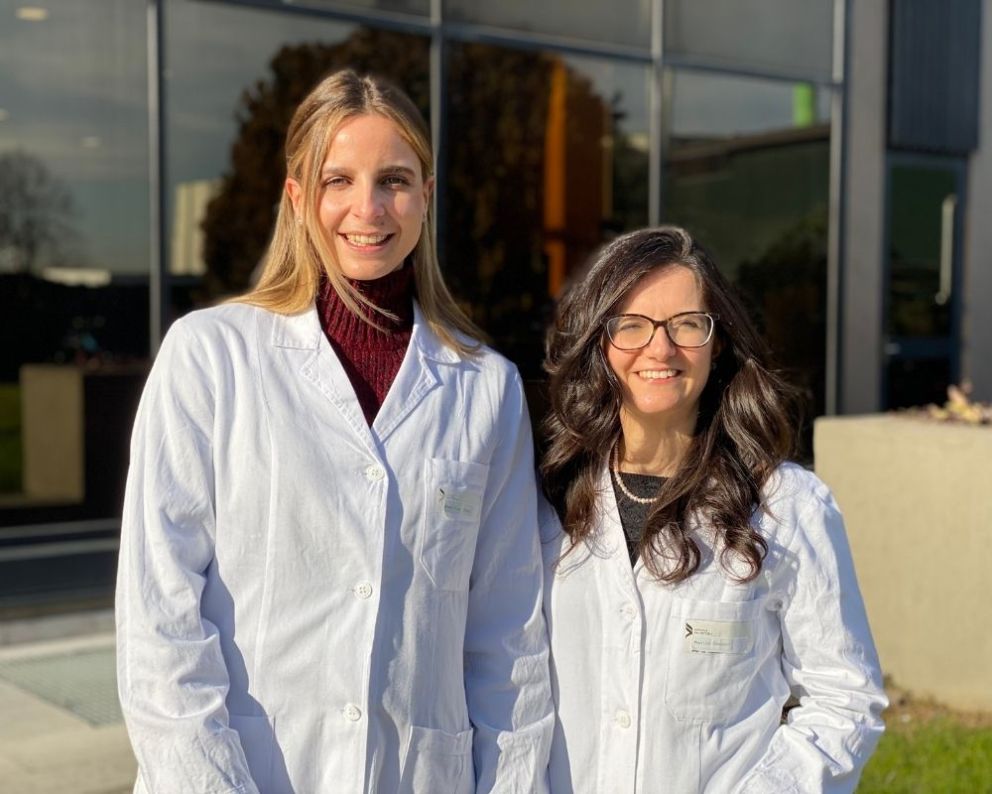
According to a new study, the layer of sugars surrounding tumor cells’ surface plays a key role in hiding and defending cancer from the immune system
Cancer cells increase the synthesis of sugars, that once exposed on the surface create a “shield” capable of hindering the immune system. According to a study published today in Science Translational Medicine, this shield could explain, at least in part, the reduced efficacy of CAR T cell therapies in solid tumors. The researchers also found a way to interfere with the shield formation – using a synthetic sugar molecule already tested in patients for other indications – and they successfully increased the efficacy of CAR T cell therapies in several animal models of cancer. These results pave the way for the first clinical trials in multiple solid tumors.
The study was coordinated by Monica Casucci, head of the Innovative Immunotherapies Unit at IRCCS Ospedale San Raffaele in Milan, and was conducted by Beatrice Greco during her PhD at the Vita-Salute San Raffaele University.
The research was made possible thanks to funds from the Ministry of Health – coordinated by Alleanza Contro il Cancro – Fondazione AIRC per la Ricerca sul Cancro and the European Horizon2020 EURE-CART project.
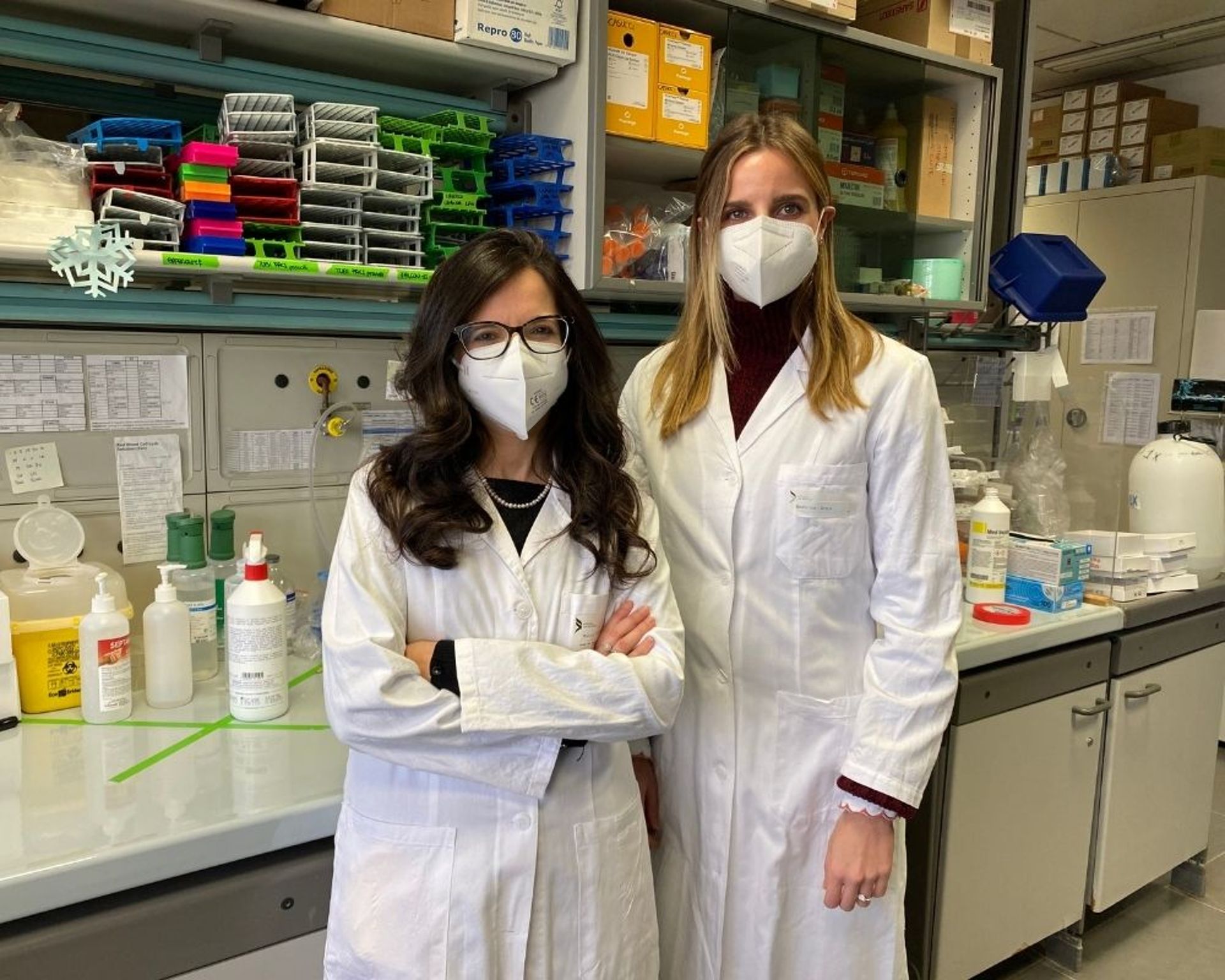
A sugar shield that protects cancer from the immune system
Cancer cells are often characterized by an abnormal and dysfunctional activation of mechanisms that can be found – appropriately regulated – in healthy cells. Among these, there is the so-called “glycosylation”, which involves the addition of sugar chains to the structure of proteins. These chains affect their function and their ability to interact with other molecules.
Most cancers alter the regulation of the glycosylation process to their own advantage, thereby changing the composition of the sugar layer covering tumor cells. The consequences of this alteration are manifold, but until now very little was known about its effects on the efficacy of CAR T cell therapies, especially in solid tumors.
"The most relevant aspect of the discovery is that tumor glycosylation hinders the action of CAR T cells through several simultaneously active mechanisms."
explains Beatrice Greco, first author of the paper.
"This is also very good news: it means that by blocking the glycosylation process, and thus reducing the formation of this barrier, we can weaken the tumor on multiple levels."
San Raffaele researchers described two key functions of this shield: on the one hand, it prevents T lymphocytes from correctly recognizing the tumor, because it hides the receptors by which the tumor is identified as a threat; on the other hand, it promotes the action of immune check-points, surface proteins of the tumor itself that inhibit lymphocytes activity.
Blocking the glycosylation process increases the effectiveness of CAR-T cell therapies
To prevent the tumor from forming the protective shield, the team led by Monica Casucci successfully trick it by feeding it a modified sugar called 2DG. 2DG is a synthetic glucose derivative that is absorbed by cancer cells in much greater quantities with respect to healthy cells, due to the former accelerated metabolism. Once accumulated in the tumor, 2DG is used in glycosylation processes, but with a very different result: the sugar chains produced are much shorter and the sugar shield is weakened.
To test the efficacy of this approach, the researchers administered 2DG in addition to CAR T cell therapies in animal models of solid tumors, including pancreatic, bladder and ovarian cancers. The result was a marked enhancement of the anti-tumor activity of CAR T cells, which were better able to control the disease in the short and long term.
"Experiments conducted so far in the laboratory tell us that combining 2DG synthetic sugar with CAR T cells administration improves anti-tumor efficacy regardless of CAR T specificity and tumor type. This further demonstrates the importance of glycosylation for cancer cells and suggests the therapeutic potential of interfering with this process."
says Monica Casucci.
"The fact that 2DG has already been tested in humans and shows a good safety profile paves the way for the first clinical trials with the combination of 2DG and CAR T. This approach could make a difference especially in solid tumors, where the efficacy results of CAR T cell therapies have so far been limited."
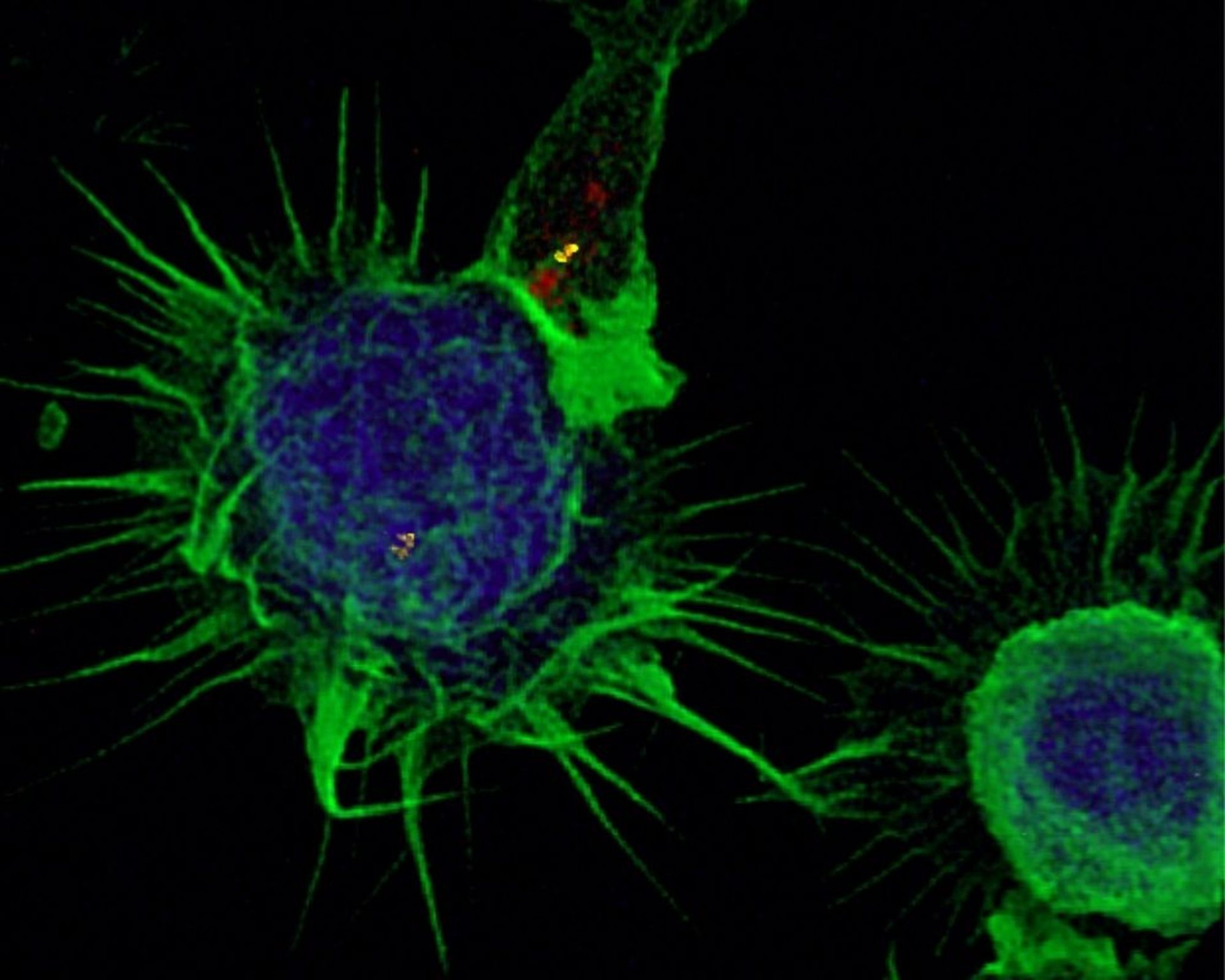
Tags:
You might be interested in

World Rare Disease Day: Research at UniSR Continues All Year Round
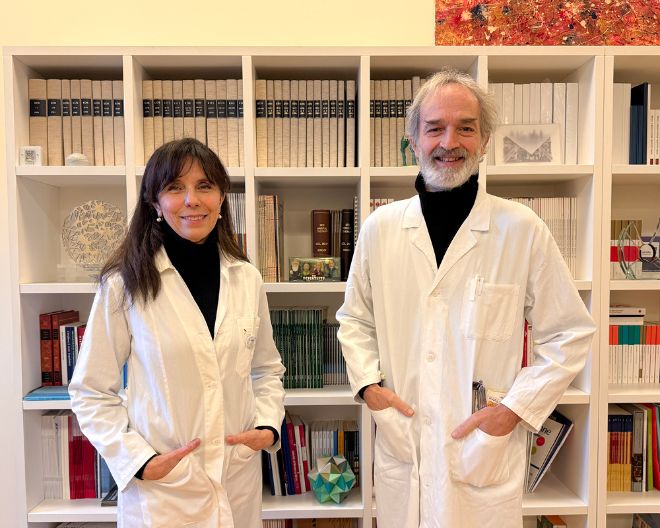
Multiple sclerosis, breakthrough in research: researchers have identified a molecule that promotes repair of the nervous system
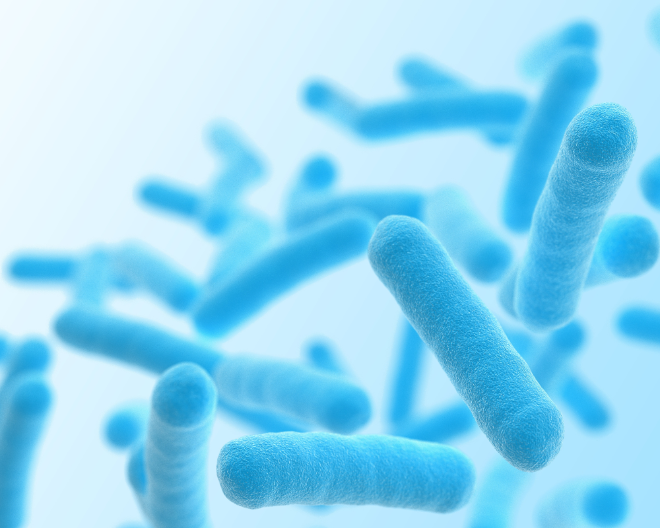
The microbiome as an ally against myeloma

